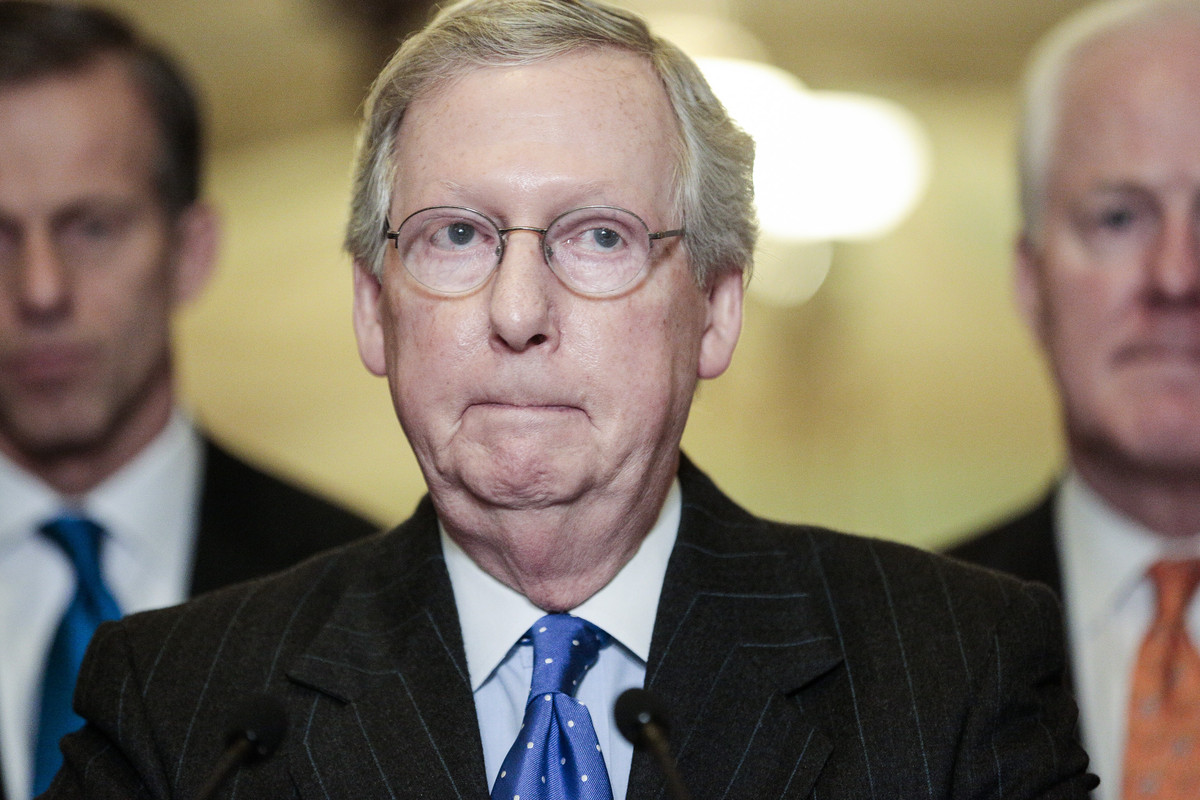WASHINGTON -- Wall Street lobbyists are trying to secure taxpayer backing for many derivatives trades as part of budget talks to avert a government shutdown.
According to multiple Democratic sources, banks are pushing hard to include the controversial provision in funding legislation that would keep the government operating after Dec. 11. Top negotiators in the House are taking the derivatives provision seriously, and may include it in the final bill, the sources said.
The bank perks are not a traditional budget item. They would allow financial institutions to trade certain financial derivatives from subsidiaries that are insured by the Federal Deposit Insurance Corp. -- potentially putting taxpayers on the hook for losses caused by the risky contracts. Big Wall Street banks had typically traded derivatives from these FDIC-backed units, but the 2010 Dodd-Frank financial reform law required them to move many of the transactions to other subsidiaries that are not insured by taxpayers.
Taxpayer insurance helps banks secure higher credit ratings for their derivatives, since taxpayers assume some of the risk, which in turn makes the banks more profitable.
Last year, Rep. Jim Himes (D-Conn.) introduced the same provision under debate in the current budget talks. The legislative text was written by a Citigroup lobbyist, according to The New York Times. The bill passed the House by a vote of 292 to 122 in October 2013, 122 Democrats opposed, and 70 in favor. All but three House Republicans supported the bill.
Himes was passed over for leadership positions after the 2014 midterm elections, which he said he interpreted as unrest within the Democratic Party over his strong ties to financial elites.
"My guess is, it was a factor, which is disappointing because I think the criticism is way off base," said Himes, who previously worked at Goldman Sachs.
It wasn't clear whether the derivatives perk will survive negotiations in the House, or if the Senate will include it in its version of the bill. With Democrats voting nearly 2-to-1 against the bill in the House, Senate Majority Leader Harry Reid (D-Nev.) never brought the bill up for a vote in the Senate. President Barack Obama opposed the bill ahead of the House vote, as did former FDIC Chair Shiela Bair, former House Financial Services Committee Chairman Barney Frank (D-Mass.) and Rep. Maxine Waters (D-Calif.), currently the top Democrat on the Financial Services Committee.
Original Article
Source: huffingtonpost.com/
Author: Zach Carter
According to multiple Democratic sources, banks are pushing hard to include the controversial provision in funding legislation that would keep the government operating after Dec. 11. Top negotiators in the House are taking the derivatives provision seriously, and may include it in the final bill, the sources said.
The bank perks are not a traditional budget item. They would allow financial institutions to trade certain financial derivatives from subsidiaries that are insured by the Federal Deposit Insurance Corp. -- potentially putting taxpayers on the hook for losses caused by the risky contracts. Big Wall Street banks had typically traded derivatives from these FDIC-backed units, but the 2010 Dodd-Frank financial reform law required them to move many of the transactions to other subsidiaries that are not insured by taxpayers.
Taxpayer insurance helps banks secure higher credit ratings for their derivatives, since taxpayers assume some of the risk, which in turn makes the banks more profitable.
Last year, Rep. Jim Himes (D-Conn.) introduced the same provision under debate in the current budget talks. The legislative text was written by a Citigroup lobbyist, according to The New York Times. The bill passed the House by a vote of 292 to 122 in October 2013, 122 Democrats opposed, and 70 in favor. All but three House Republicans supported the bill.
Himes was passed over for leadership positions after the 2014 midterm elections, which he said he interpreted as unrest within the Democratic Party over his strong ties to financial elites.
"My guess is, it was a factor, which is disappointing because I think the criticism is way off base," said Himes, who previously worked at Goldman Sachs.
It wasn't clear whether the derivatives perk will survive negotiations in the House, or if the Senate will include it in its version of the bill. With Democrats voting nearly 2-to-1 against the bill in the House, Senate Majority Leader Harry Reid (D-Nev.) never brought the bill up for a vote in the Senate. President Barack Obama opposed the bill ahead of the House vote, as did former FDIC Chair Shiela Bair, former House Financial Services Committee Chairman Barney Frank (D-Mass.) and Rep. Maxine Waters (D-Calif.), currently the top Democrat on the Financial Services Committee.
Original Article
Source: huffingtonpost.com/
Author: Zach Carter

No comments:
Post a Comment